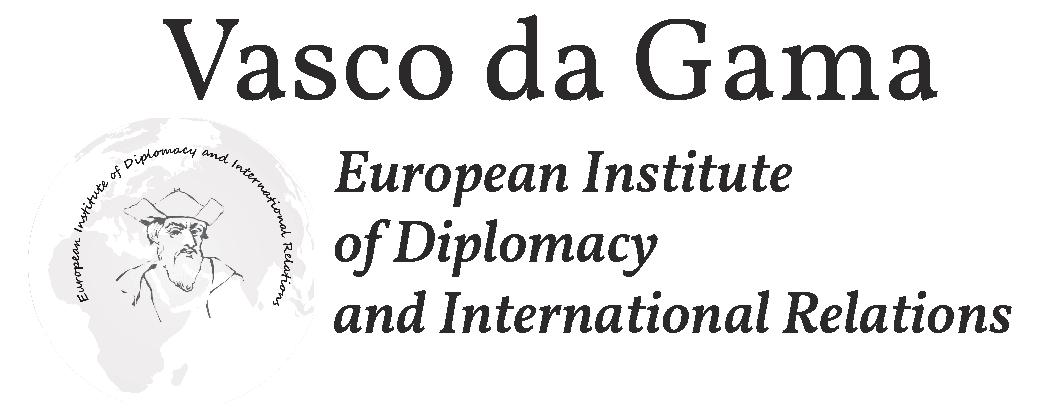International Trade and Legal Aspects of International Contracts
According to law, a contract has an international reach when it involves the interests of international trade, i.e. any business transaction involving the movement of goods, services or a cross-border payment or involving the economy (or the currency) of at least two countries.
Specifically, the contract must contain what is referred to as an international element, i.e. an element that implies dealing with a foreign legal system (the dwelling place of one of the parties, which is the location of the performance of the contract …).
The international nature of a contract is important to define in the case of a dispute, as well as the choice of the jurisdiction to settle a dispute.
The principle of autonomy is provided for under the Rome Convention:
Art. 3.1. “A contract shall be governed by the law chosen by the parties. The choice must be expressed or demonstrated with reasonable certainty by the terms of the contract or the circumstances of the case. By their choice the parties can select the applicable law to the whole or only a part of their contract.”
The parties may choose a “neutral law” of a country that has no connection with the transaction.
The Rome Convention implicitly excludes non-state rules. The Convention does not accept the hypothesis of the lex mercatoria.
The inter-American Convention (CIDIP) also makes the application of non-state rules possible (contrary to the Rome Convention). The choice of a state law on sales contracts involving a ratifying country of the Vienna Convention calls for the enforcement of the provisions thereof.
According to Article 3 (Rome Convention), the parties may elect several laws as applicable laws. Example: Specific laws depending on the type of legal issue.
According to Article 3.2 (Rome Convention), the freedom of choice carries a time dimension. A change of choice or a late choice is possible.
If a dispute arises and the applicable law is not yet chosen, an arbitration contract whereby a late choice of the applicable law is made is possible.
Article 4.1 of the Rome Convention: “To the extent that the law applicable to the contract has not been selected (…) the contract shall be governed by the law of the country with which it is most closely connected.”
Article 4.2 of the Rome Convention: “(…) the contract shall be presumed to be most closely connected with the country where the party required to effect the characteristic performance has its habitual residence at the time of conclusion of the contract (…)”
Mission
• Understand an International Sales Transaction and its elements
• Understand the rules governing sales and documentary sales under English law
• Understand the theories and practice of harmonization of international trade law
• Understand the rules of the CISG and be familiar with other instruments of harmonization of trade law
• Understand the functions of sales, carriage, payment and cargo insurance contracts in international trade
• Understand the interaction of these four contracts in international trade transactions
• Apply knowledge of these four contracts in any given factual scenario on international sales transaction
Bibliography
ARRIGHI A., Adam Smith à Pékin, Paris, Max Milo, 2009
CARR I, International Trade Law, 5th edition, Routledge, 2014.
CHUAH J, Law of International Trade, 5th edition, Sweet & Maxwell, 2013.
LINDBERG L., The Political Dynamics of European Economic Integration, Stanford, Stanford University Press, 1963
MASCLET J.C., Les grands arrêts de droit communautaire, Paris, PUF, 2007
MURRAY C, HOLLOWAY D & Timson-Hunt D, Schmitthoff Export Trade: The Law and Practice of International Trade, 12th edition, Thomson Sweet & Maxwell, 2012.
RUSSETT B., Controlling the Sword, Cambridge, Harvard University Press, 1990
TEULON F., Croissance, crise et développement, Paris, Major, 1996
5 ECTS
